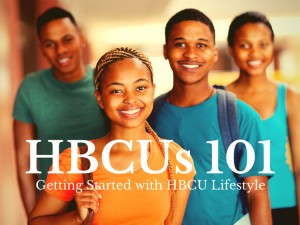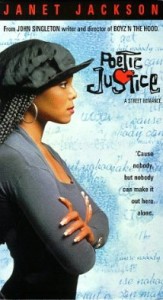“In a perfect world I would never have to write this letter. In a perfect world there wouldn’t be a need for it. In a perfect world this pain…absent. In a perfect world we would accept people whom and what they are. No Strings, complete honestly, total acceptance, no matter what. In this imperfect world we live in, there is no longer dignity in telling the truth.” Harris, Invisible life, 250
Shining a light on an issue that was hidden from view within the African American community, “Invisible Life”, written by E. Lynn Harris, depicts the life of its protagonist, Raymond Winston Tyler Jr., as he tries to cope with his sexual attraction to men. At first glance, Raymond is the epitome of what every woman would desire in a man; he is a successful Sports and Entertainment lawyer and is physically attractive. It is as the story unfolds that we learn that there are many sides to this complex character. In an effort to avoid judgement, Raymond is the epitome of a “DL brother” in African American society. Though he has sexual encounters with men, he continues to keep this part of his life quiet in order to avoid the hardships that come along with openly being gay. The reader sees a glimpse of this while getting his shoes shined in the Harts field International Airport, the shoe shiner, an African American female, converses with him about many African American males being “DL’, which causes Raymond to rethink his earlier desires of “coming out of the closet”. “The hatred in her face and voice bothered me deeply. The fact that she was black made my feelings more intense (Harris 15).
The 1990s presented an elevated amount of AIDS/HIV cases which were initially thought to be connected directly to homosexual men and their sexual activities. African American men that were attracted to or desired to be with other men, had no other choice but to hide their true feelings and resort to hiding in the closet (becoming “down low”) in an attempt to refute the classification/associated with the stereotypical homosexuals. Many of these African American men, walk around us, exhibiting the looks of living, of what we would call, a “normal life” in order not to deal with aspects of discrimination and the stigma of being “gay”.
Though we live in an accepting world today, the phenomenon still exists. There are men that have secret sexual encounters with men but still continue to have relationships with women because of the appearance and comfortability it provides them. Being “out” and gay provides many hardships, including social exclusions in some communities that keep men in the closet. After all, who would want to be considered less of a man because of their sexual preference? Being straight in society is easy, being gay in society, is extremely judgmental and defiantly hard. Until we break the cycle and accept people for who they are, men will continue to live a lie and not their truth.



